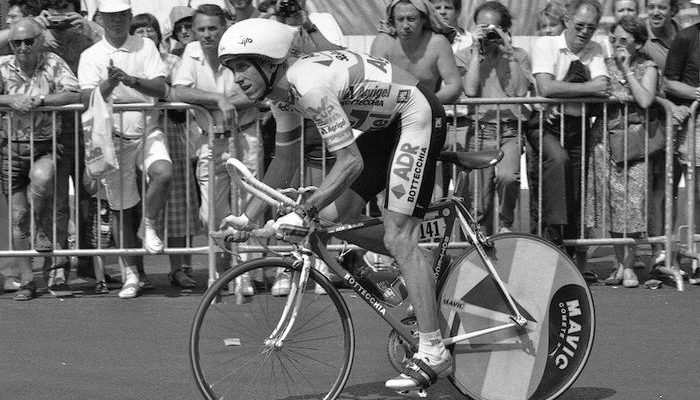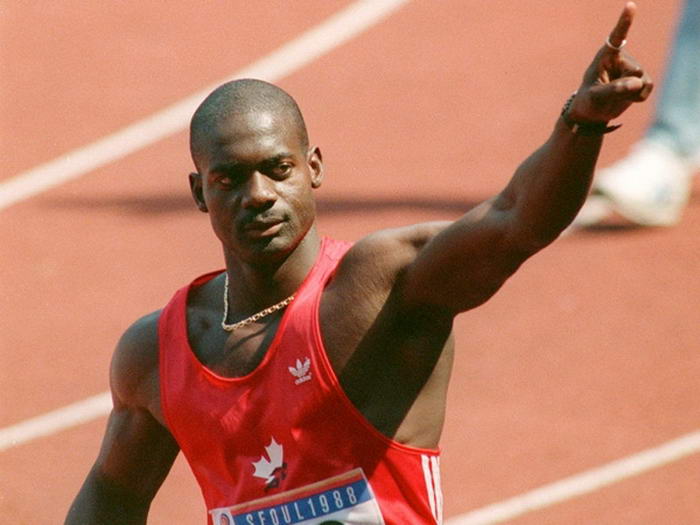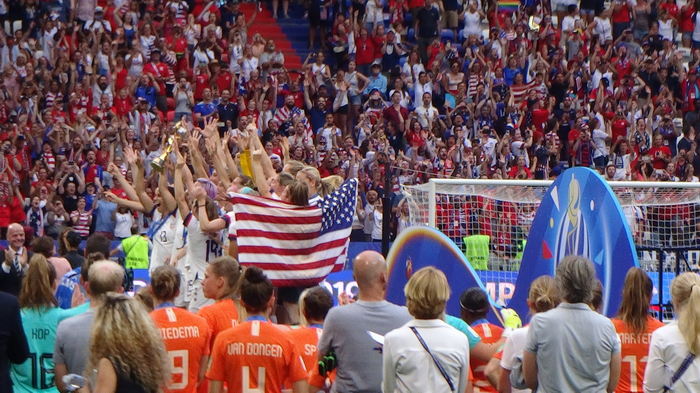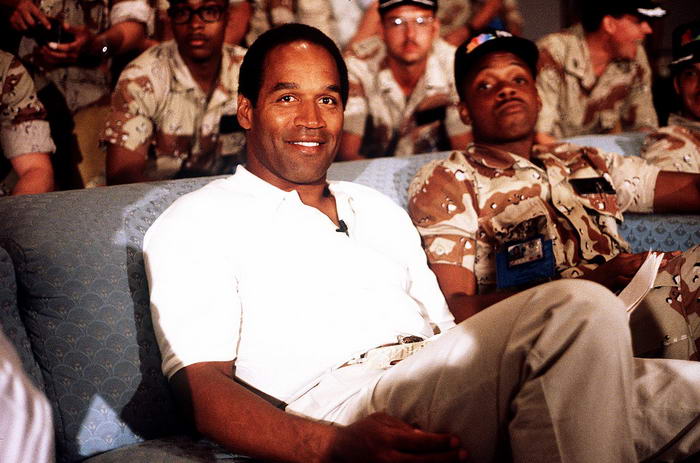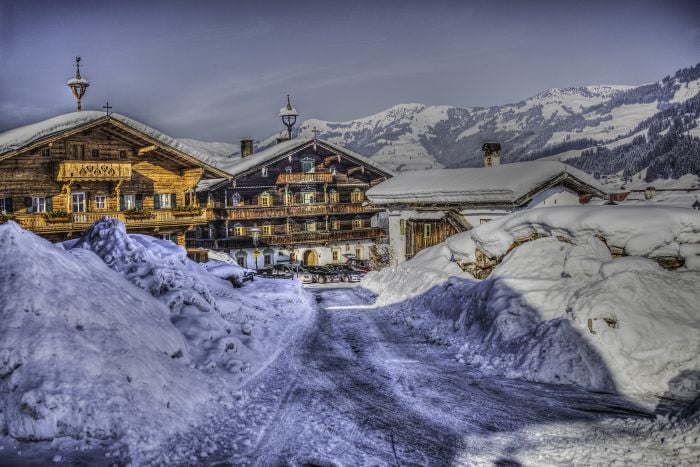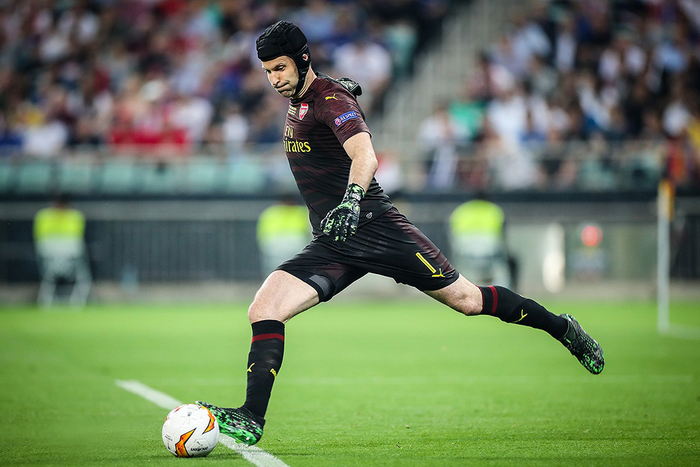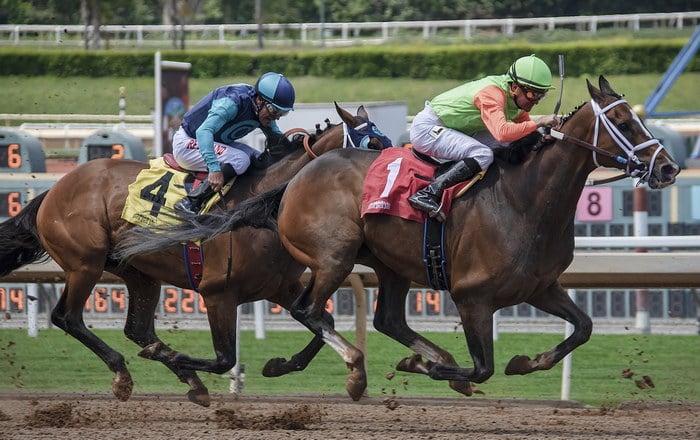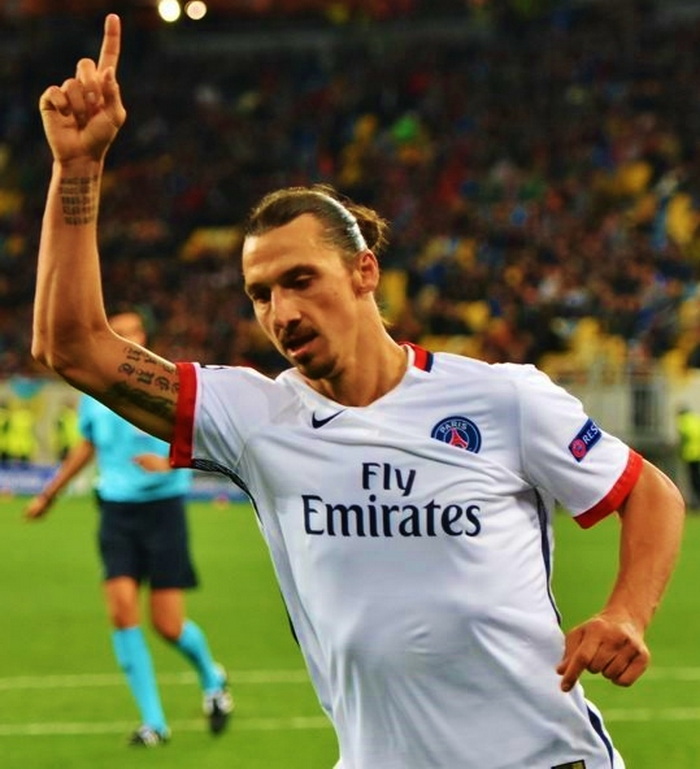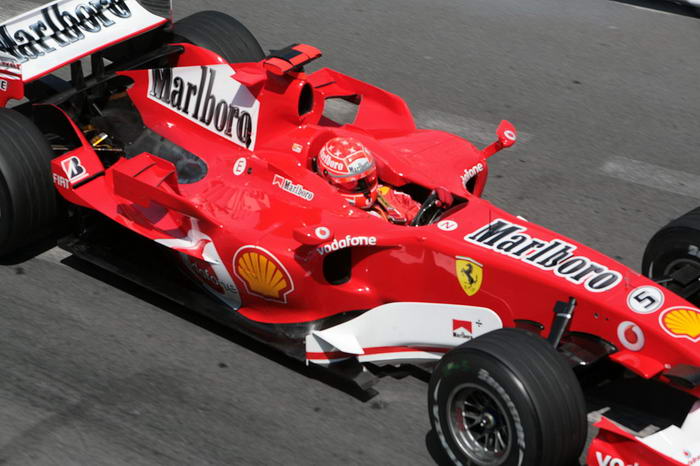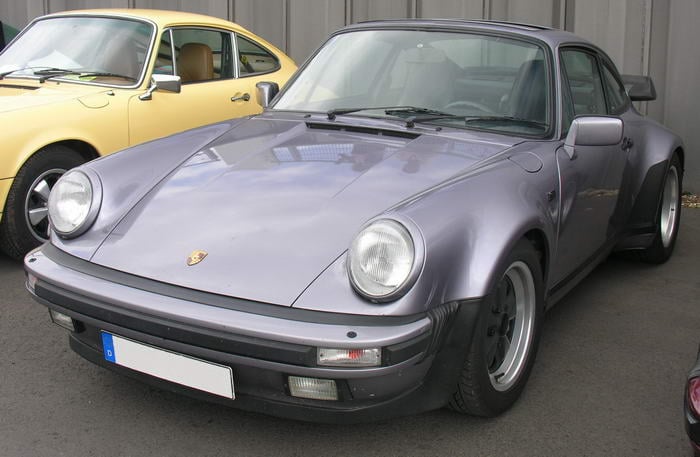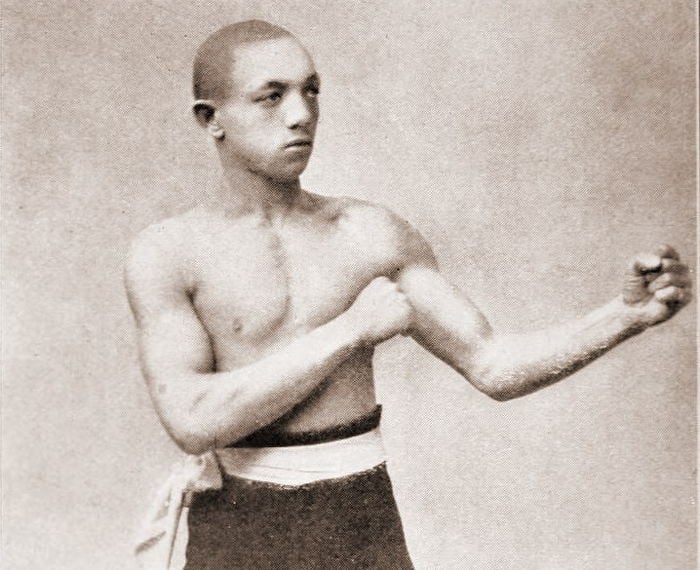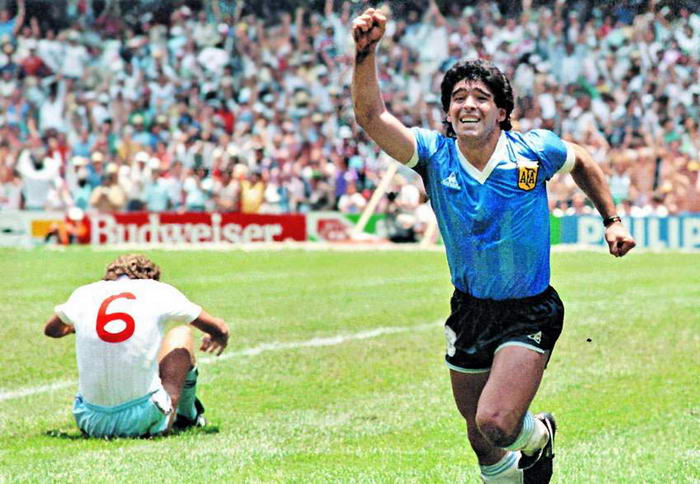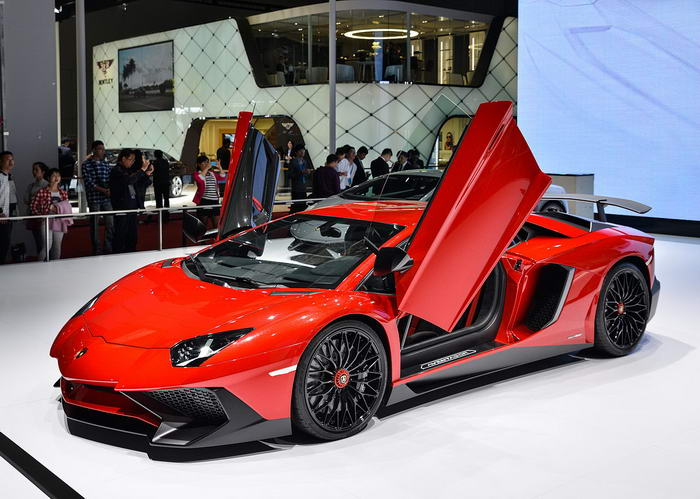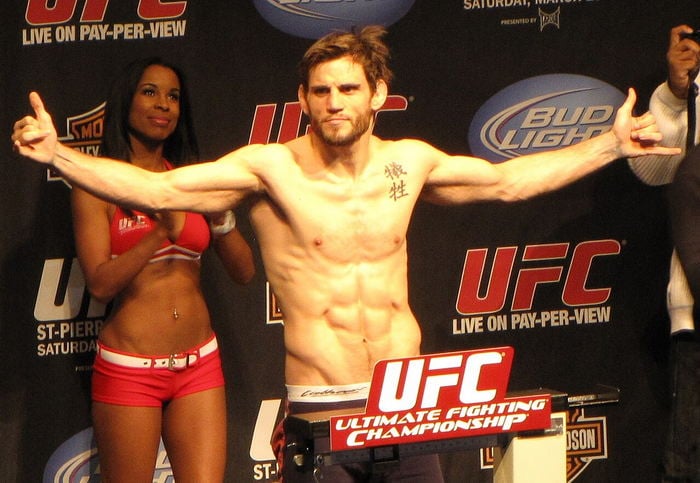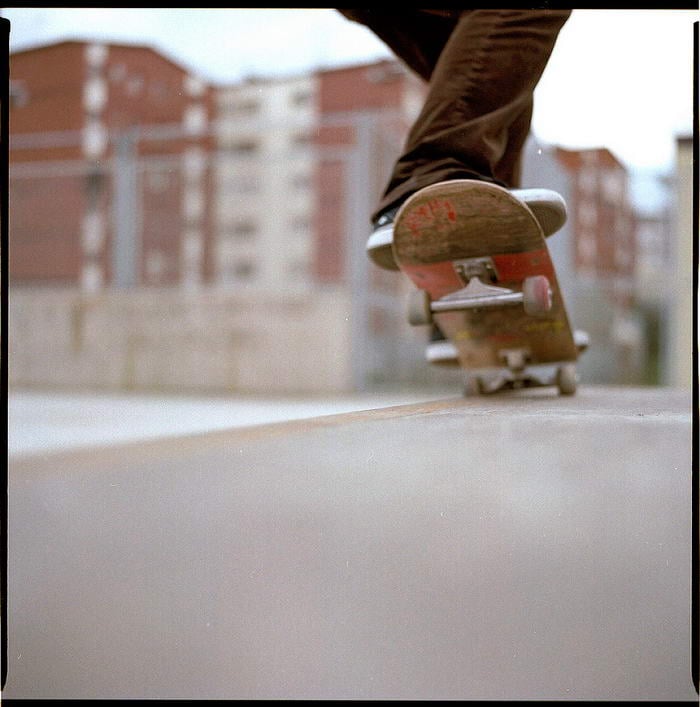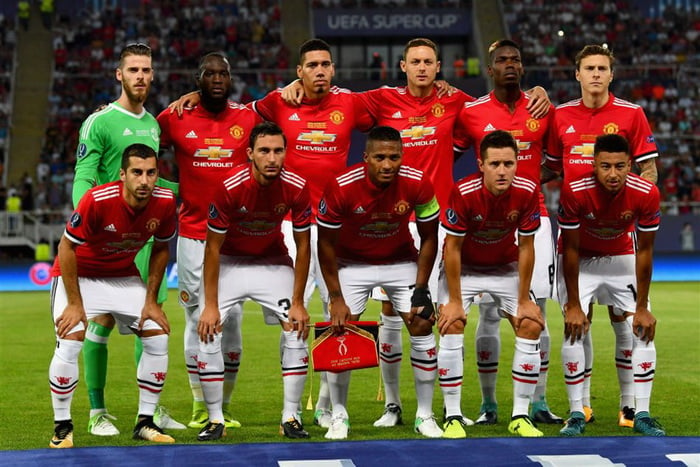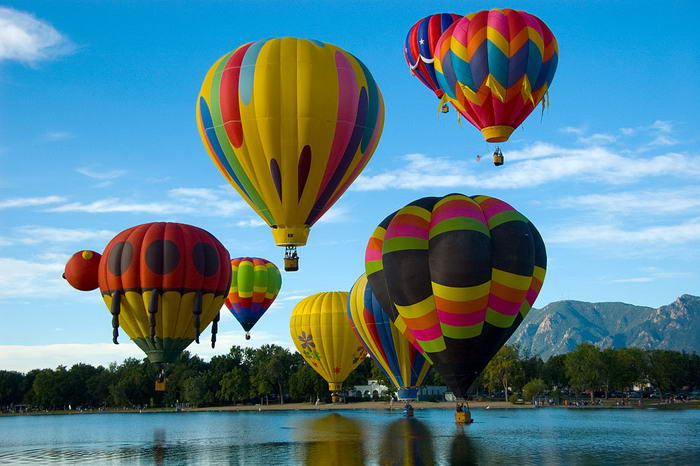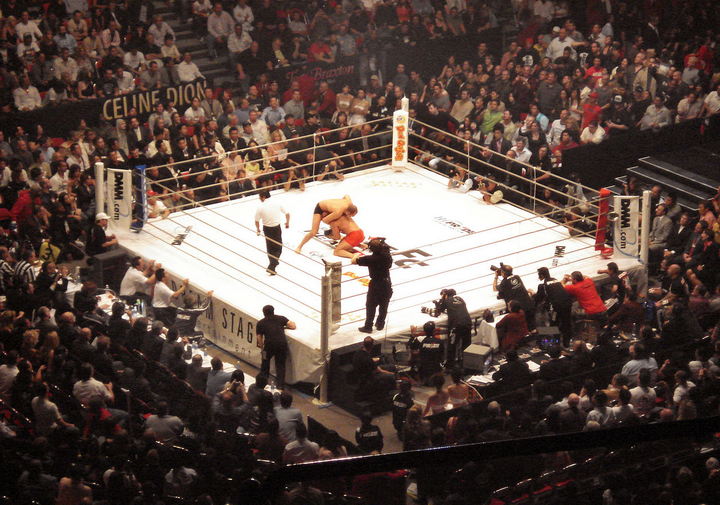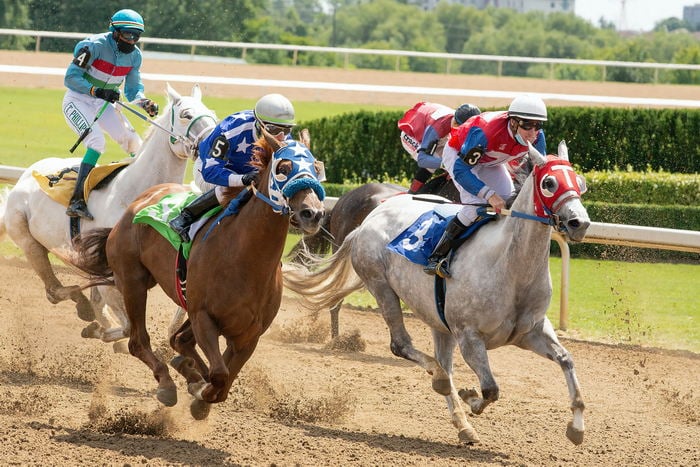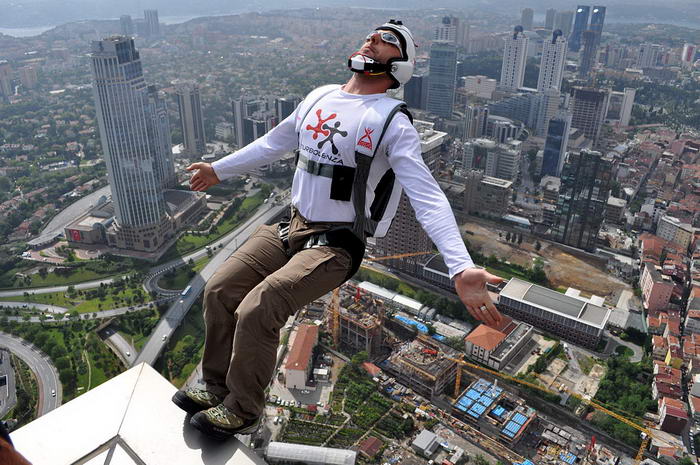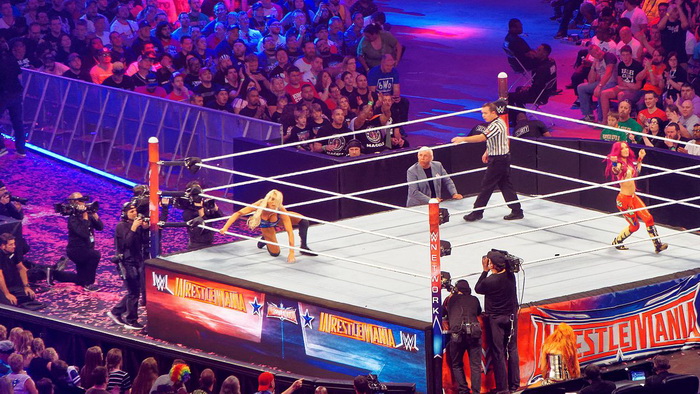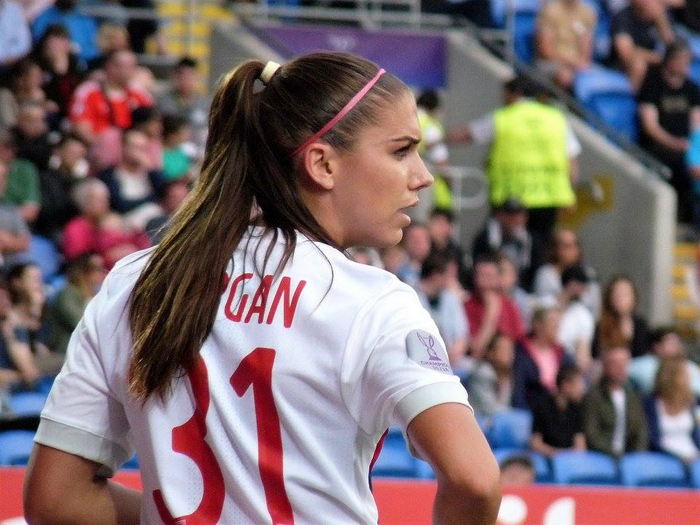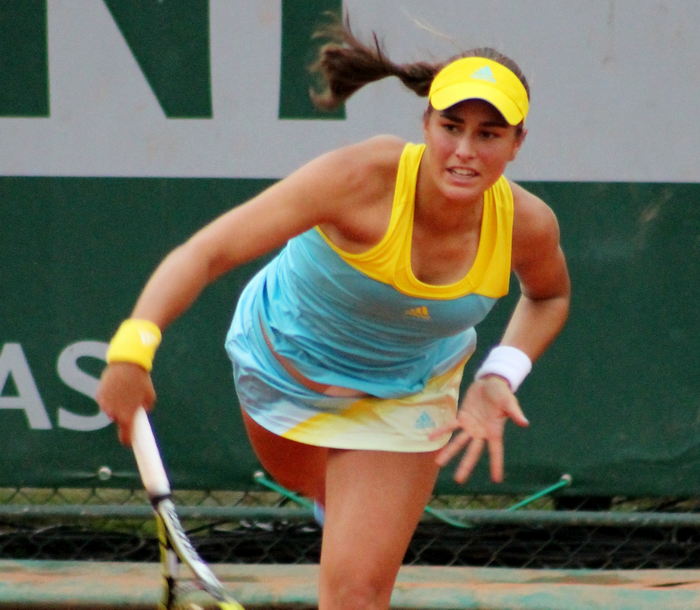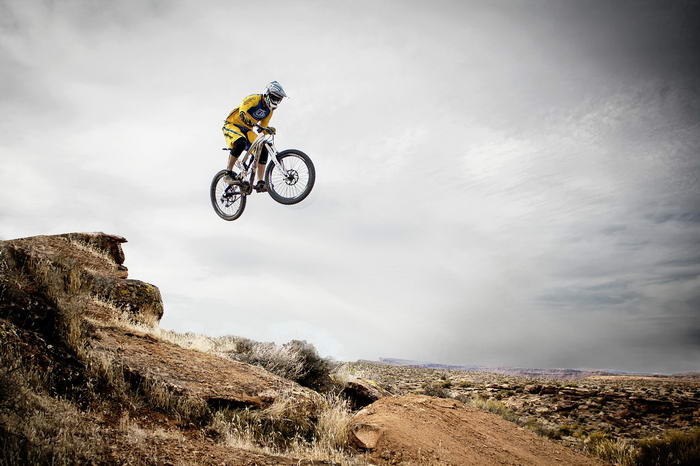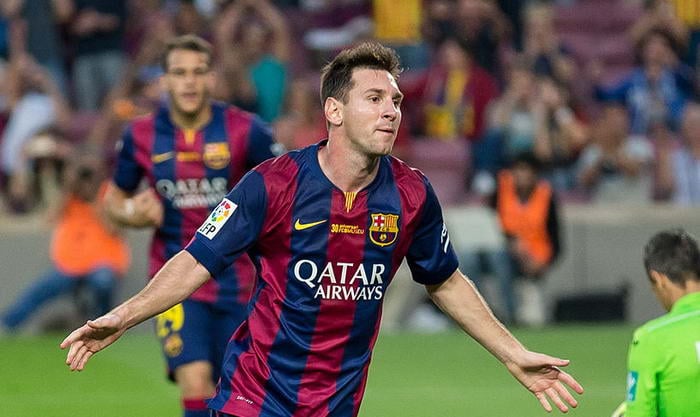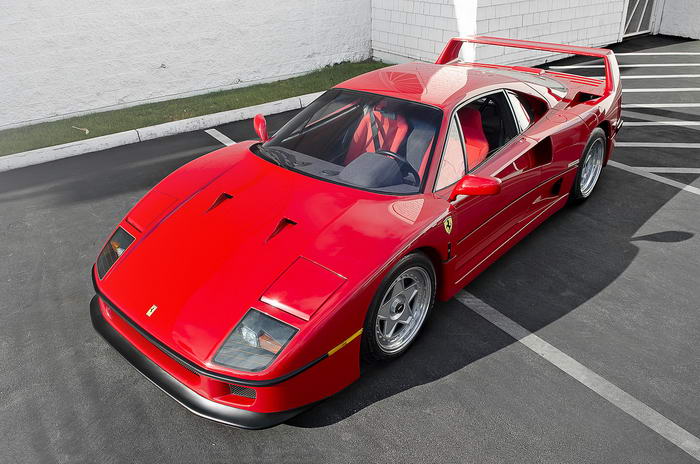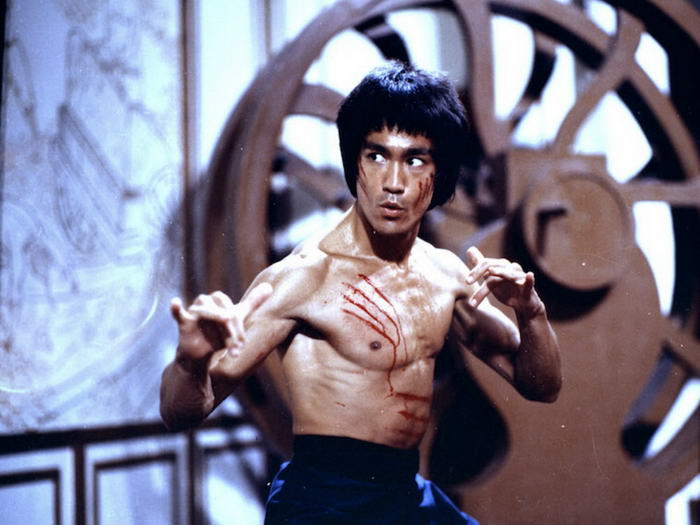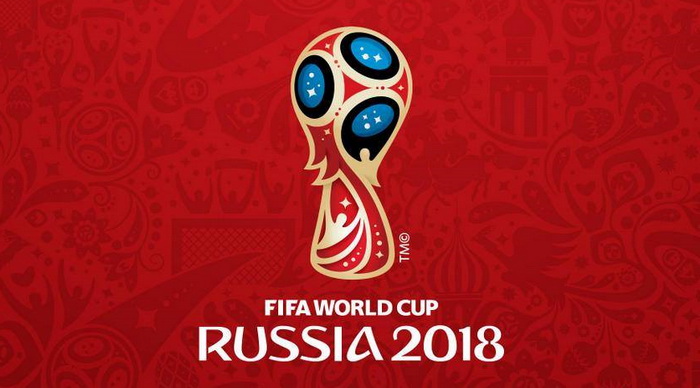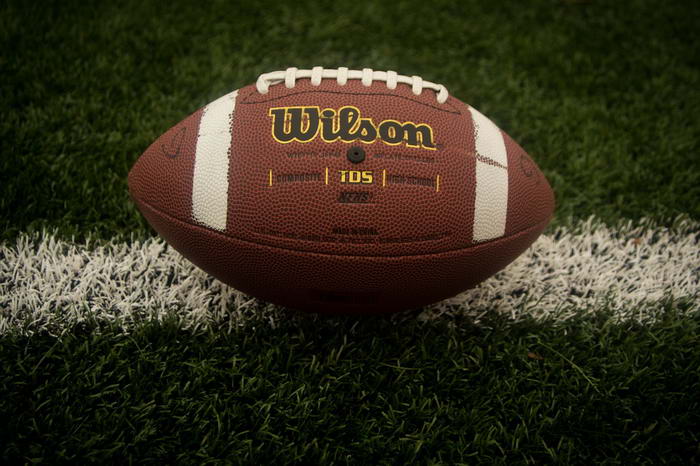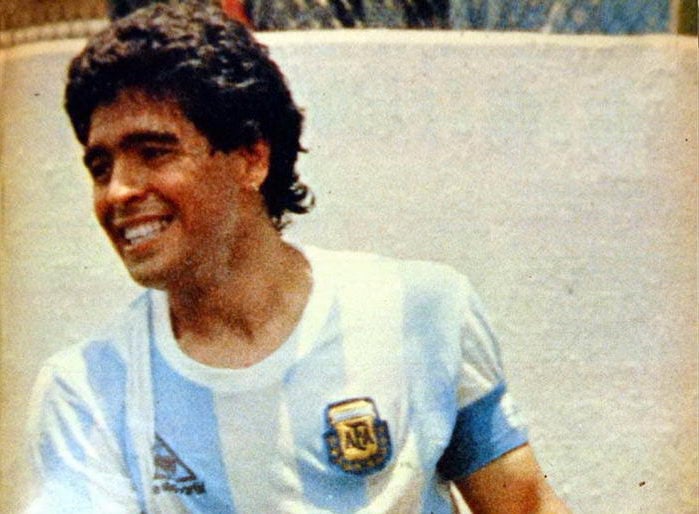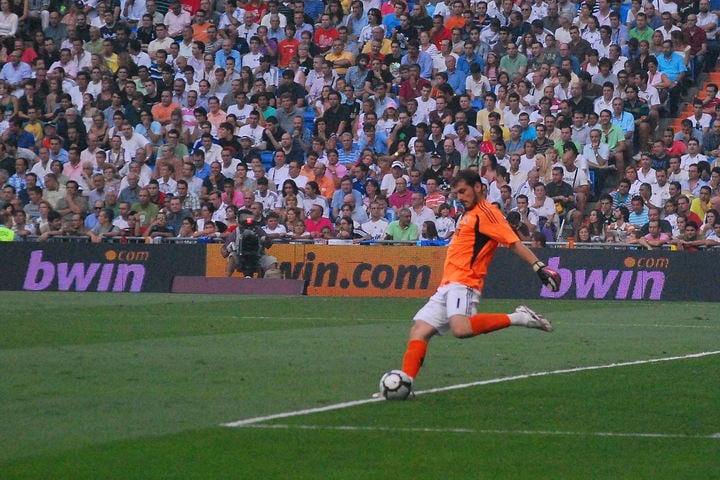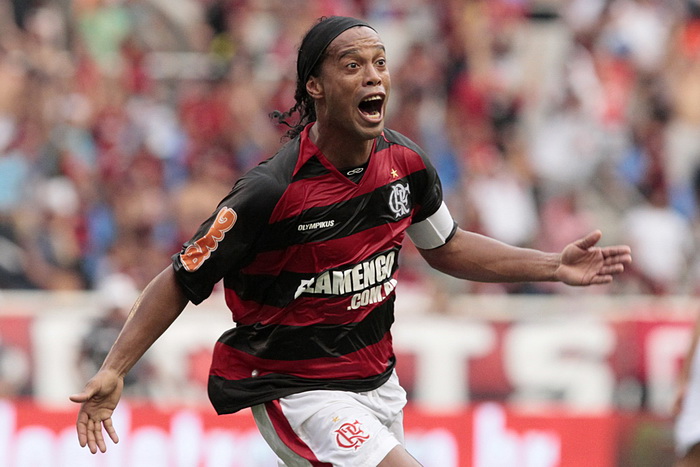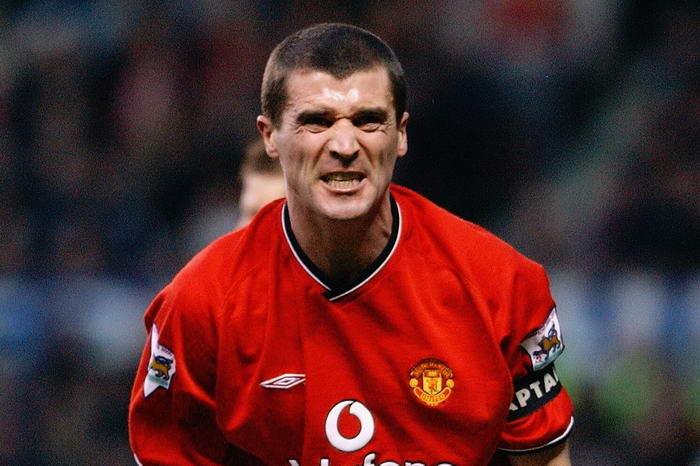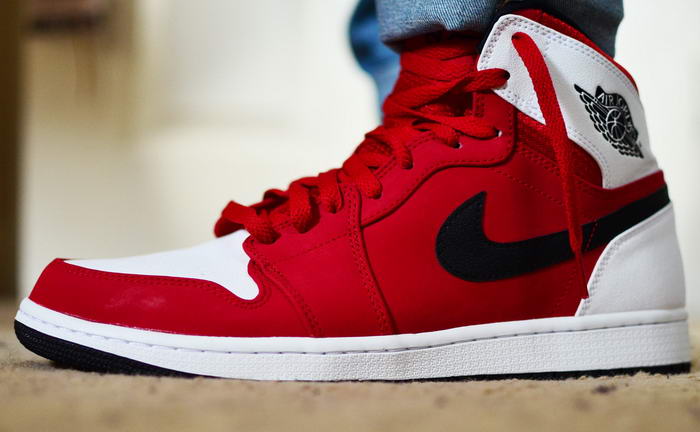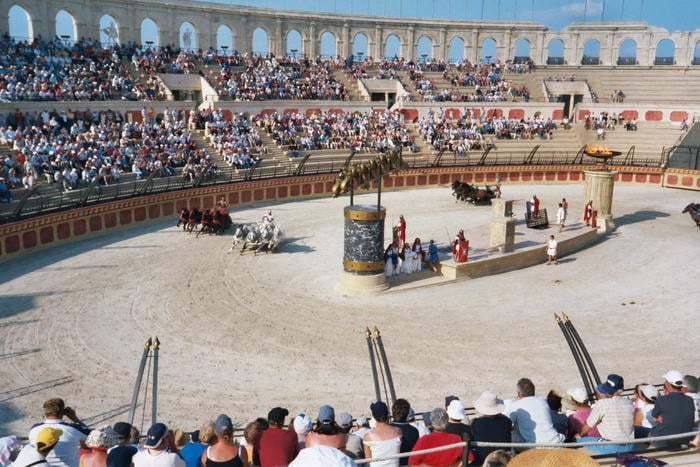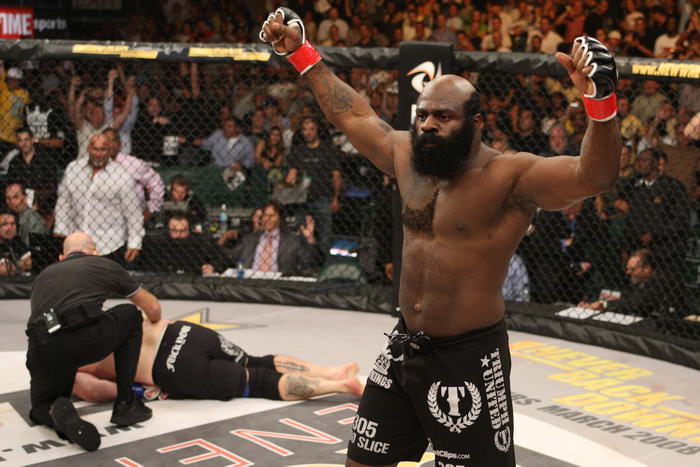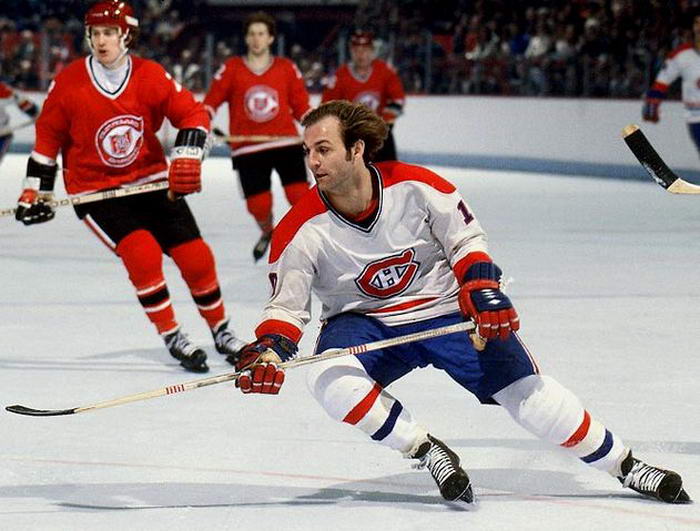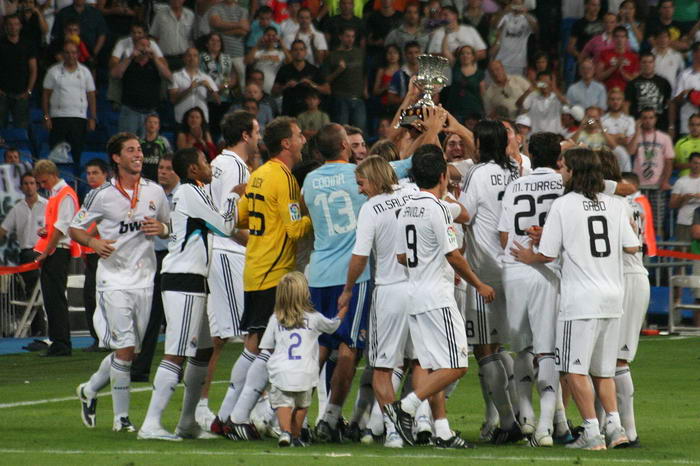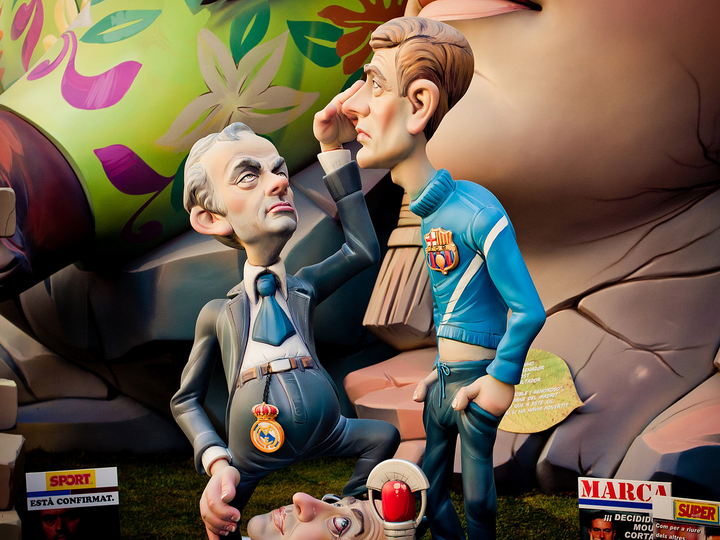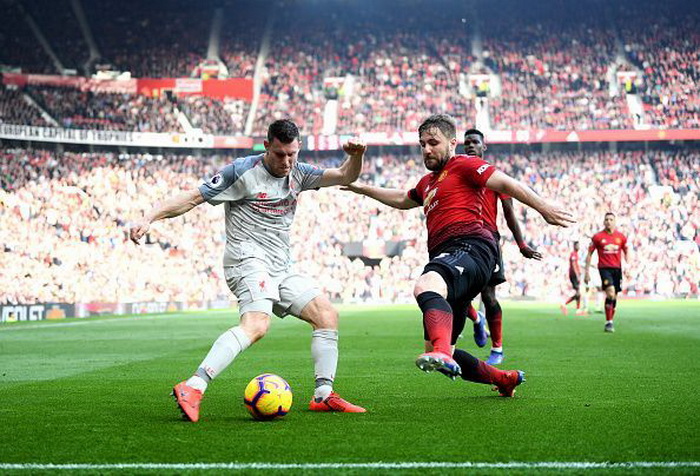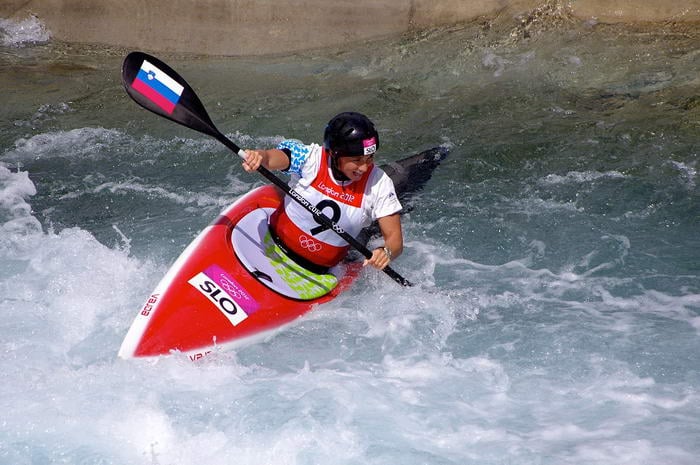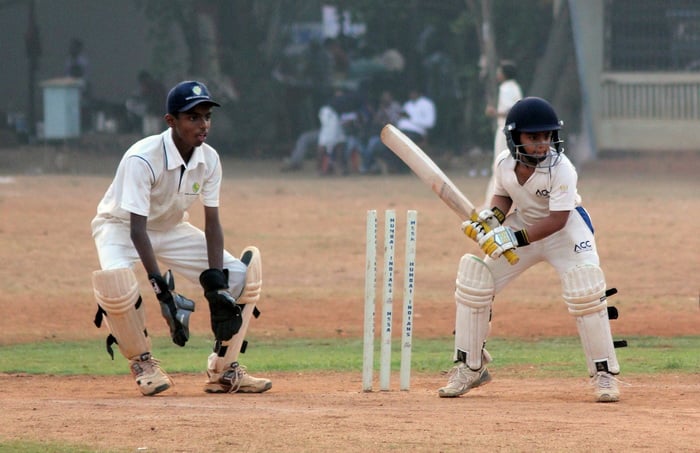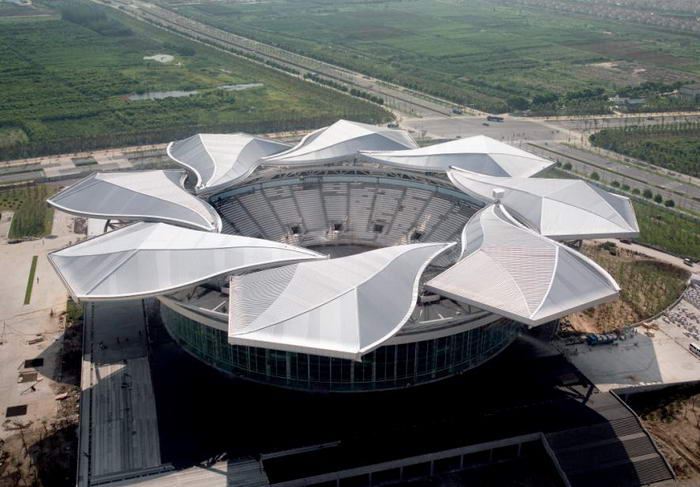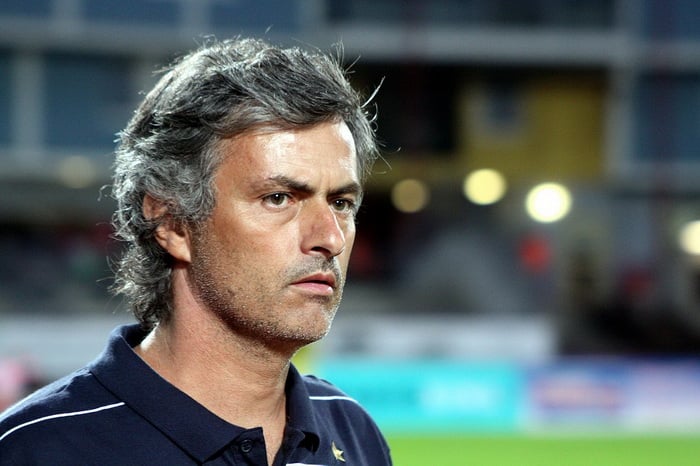Ah, the Tour de France! It’s not just a race; it’s a testament to human will, determination, and endurance. Ask anyone, even non-cycling enthusiasts, and they’ve at least heard of it. But what makes this event so renowned?
The Tour de France stands out because it showcases more than just athleticism. It’s a celebration of France’s picturesque landscapes, from its winding mountain paths to its idyllic countryside. The race brings together a myriad of nations, fostering camaraderie among competitors and fans alike.
Furthermore, the Tour de France isn’t merely about the speed or the distance. It’s about strategy, team dynamics, and unexpected challenges. Riders don’t just confront the road, but the unpredictable weather, grueling mountain climbs, and the pressure of maintaining a lead or catching up.
Finally, the rich history of the event contributes to its fame. Established in 1903, it’s been a stage where legends are born and records are broken. The best Tour de France winners have become household names, inspiring generations to take up the sport.
With the 2017 Tour De France currently underway, it seems a great time to take a look at the famous race. Making up the Grand Tour series along with the Giro D’Italia and Vuelta a Espana, the Tour De France is widely considered the most prestigious of the three. Starting in 1903, the race quickly caught the public’s attention for its excitement and drama.
Over the years there have been some quality riders to test themselves against the course and we look at the ten greatest ever:
10 – Joop Zoetemelk
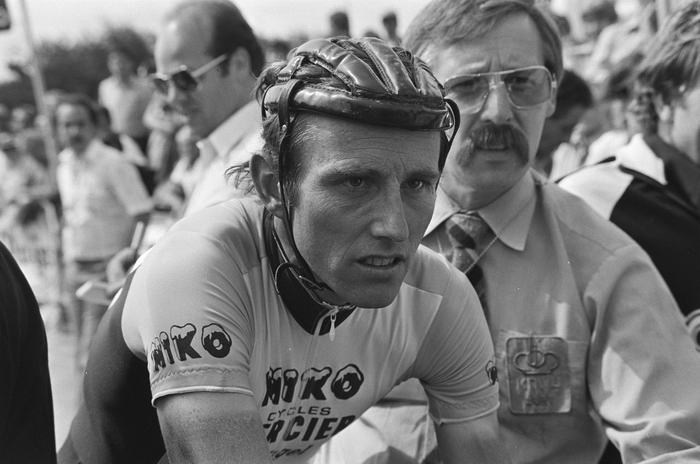
His 1980 win was after a move to the TI-Raleigh team who saw his potential based on previous Tour de France stage wins and appearances. The masterstroke the team pulled was to use the other riders to attack his main rival Bernard Hinault and allow Zootemalk to push on to win. One criticism of him was that he was not ruthless enough to lead a team or give orders when racing which stopped him claiming more victories.
09 – Alberto Contador
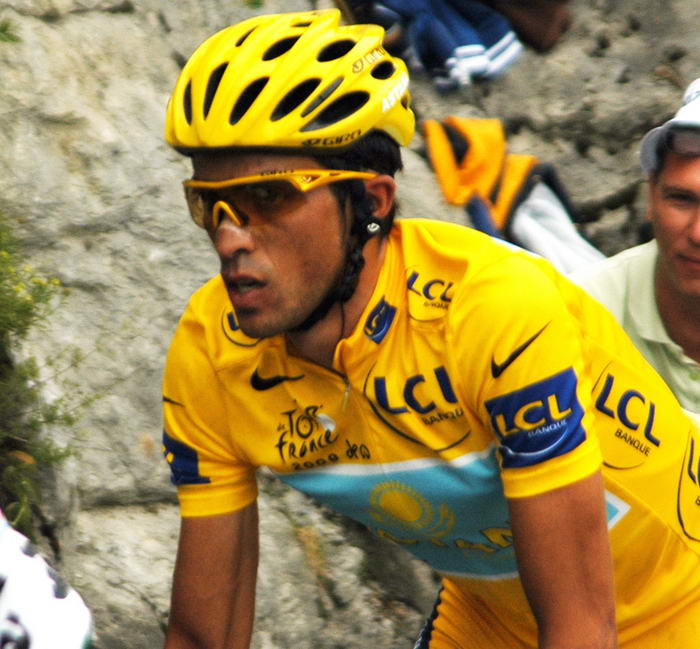
With a reputation as a great all-round cyclist, his excellence in time-trials as well as normal road racing explains why he does so well in Tours. Always in there with a shout to win, you write off Contador at your peril!
08 – Jacques Anquetil
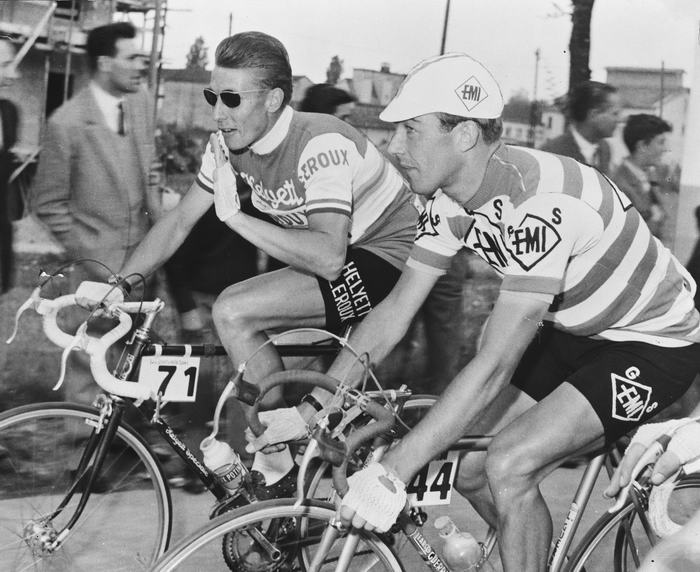
Known for his motivation of racing for money rather than the love of cycling, he was a superb rider against the clock in particular. He would always do just enough to win and never use more energy than was necessary to do so.
07 – Chris Froome
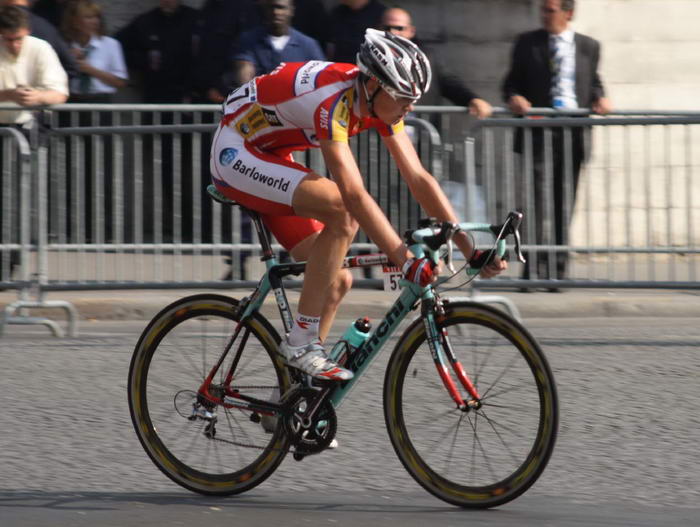
Froome became the first rider since Miguel Indurain in 1995 to defend his Tour title when winning in 2016. While his sudden rise from relative obscurity to Grand Tour star raised a few eyebrows, his talent and skill in the saddle explain his recent success.
06 – Greg Lemond
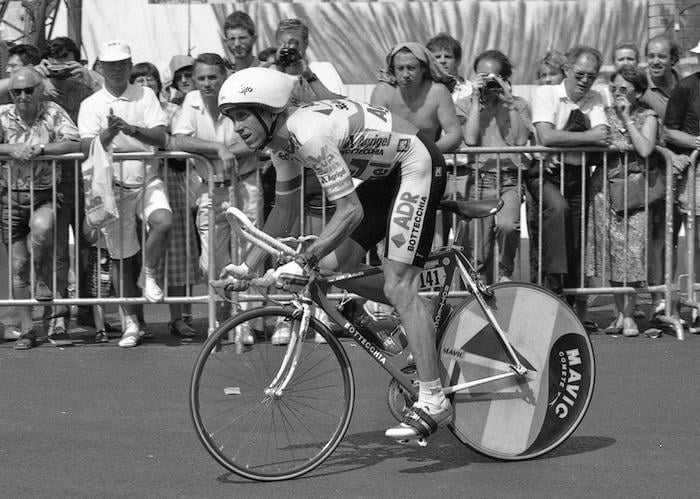
An affable, popular rider Lemond probably would have won more titles but for an unfortunate hunting injury that led him to miss the 1987 and 1988 Tours. Since retiring, he has been a vocal advocate of anti-doping measures in the sport along with at one point designing and selling bikes.
05 – Phillipe Thys
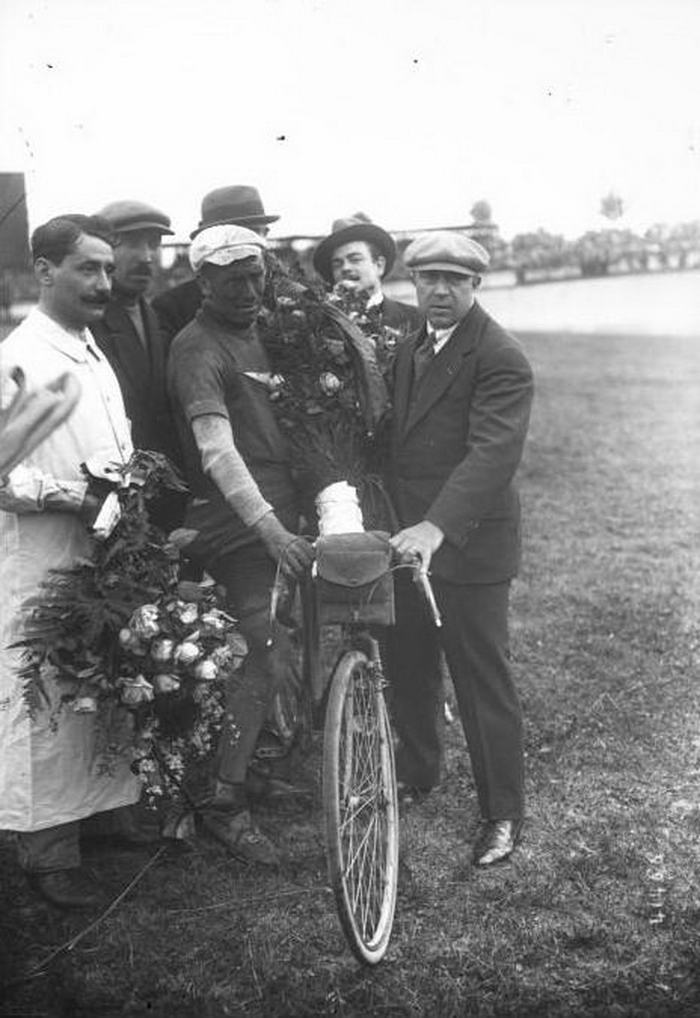
A tough, competitive rider, Thys had plenty of stamina and endurance to enable him to win stages and the Tour overall. Sadly, his career was disrupted by the First World War but history still shows what a fantastic career he had.
04 – Fausto Coppi
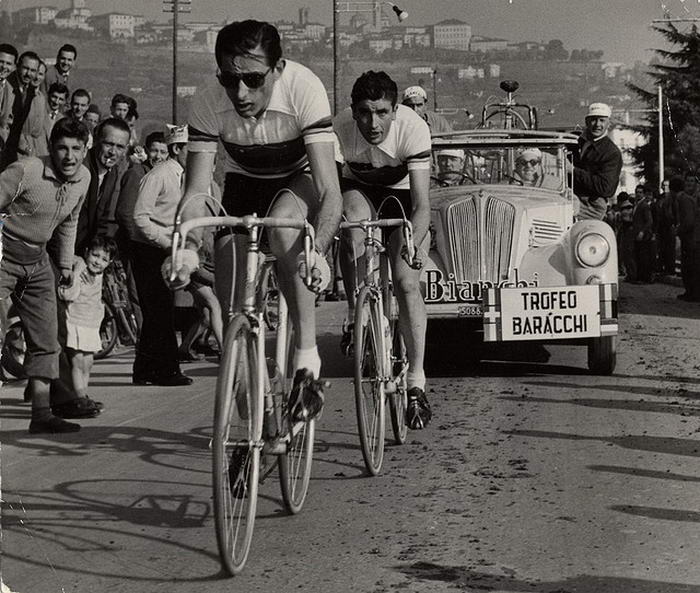
Called by the nickname of ‘Champion of Champions’. Coppi was the dominant rider either side of the Second World War. Another rider on our list who had it all, he was a great sprinter as well as being at home climbing in the mountains. Winning the Tour De France in 1949 and 1952, he also won five Giro D’Italia titles too.
The modern-day Tour still remembers this true champion by naming one of the mountain stages Cima Coppi. A legend of the sport, he is most remembered for his famous quote of “Just ride. Just ride. Just Ride” when asked how to be successful.
03 – Miguel Indurain
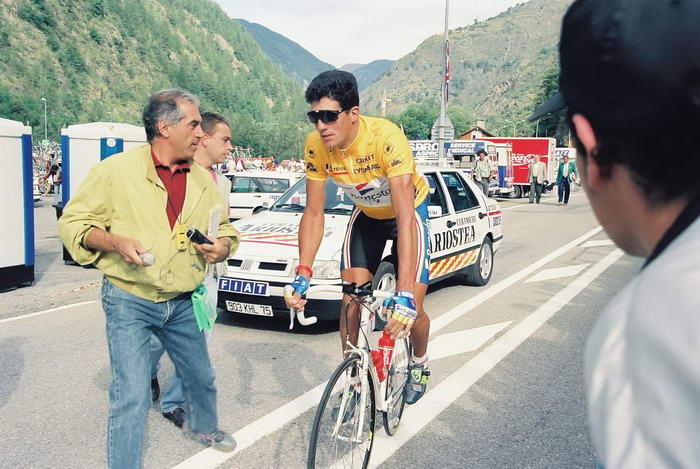
Many believe that it was Indurain’s physical size and power that allowed him to be so victorious. He could simply go past people like they weren’t there and have the extra stamina to keep going to the end of a stage. Great in time trials as well as normal racing, he was a legend in every sense of the word.
02 – Bernard Hinault
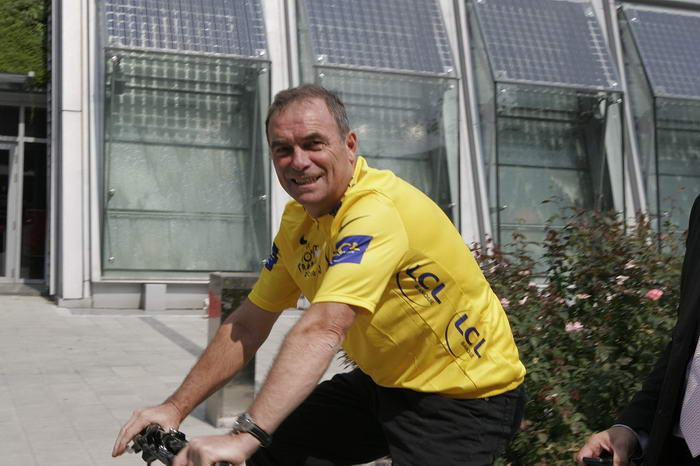
An aggressive rider, Hinault would wait for the best moment to exploit his opponent’s weakness and then launch his attack. This power and tactical brilliance made him a rider that others had to take seriously. He would probably have won more but for knee injuries that kept him out of the Tour or forced his retirement as in 1980. Hinault is the last Frenchman to win the Tour De France and as such is well loved by the French public.
01 – Eddy Merckx
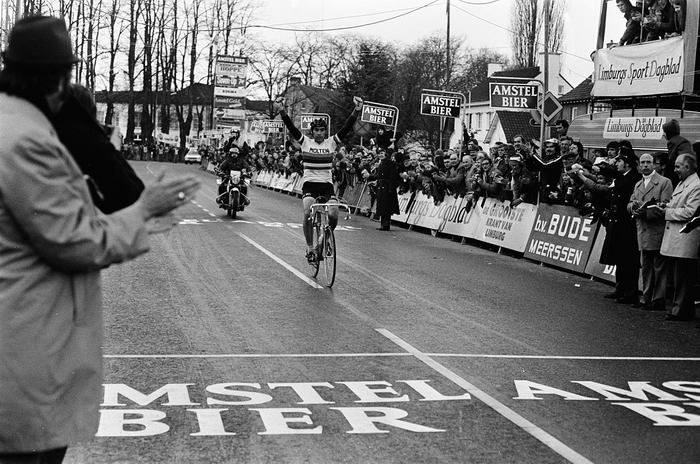
Another notable achievement of Merckx’s is that he held the yellow, green and polka dot jerseys in the same Tour De France in 1969. This meant he was the best rider overall (yellow jersey), best rider for points (green jersey) and best rider in the mountains (polka dot jersey). This shows just what a great all-round rider he was and just why he was so successful.
The Tour De France is the ultimate test of endurance and skill and the riders we have looked at have both these in abundance. With numerous Tour wins between them, these were the people who the public loved to watch flying past with the yellow jersey on. As the Tour continues, no doubt there will be many more names to add to this roster over the years.
Champions Through the Ages: Tracing the Historical Path of Tour de France and Its Legendary Winners
Established in 1903 by L’Auto newspaper’s Henri Desgrange, the Tour de France began as an ambitious venture to increase newspaper sales. Its inaugural edition saw 60 riders cover a whopping 2,428 kilometers across France, a considerable challenge during that era. Maurice Garin emerged as the first champion, setting the stage for future legends.
As the years rolled on, the Tour underwent various transformations. The introduction of mountain stages in the Pyrenees in 1910 added a new level of complexity, turning the event into a test of both flat terrain speed and climbing prowess. This addition was not without controversy, with riders often expressing their displeasure at the grueling climbs.
The two World Wars inevitably left their mark on the Tour de France. While races were canceled during the wars, the Tour’s post-war editions symbolized hope and recovery for a war-torn nation. In these years, the competition saw the rise of legends like Fausto Coppi and Gino Bartali, cyclists who didn’t merely race but showcased a battle of spirits against the backdrop of global conflict.
Yellow jerseys, green jerseys, polka dot jerseys – the introduction of these classifications in the mid-20th century spiced up the race, giving riders and fans more to cheer for. These jerseys, symbolizing the race leader, best sprinter, and best climber, added layers of strategy to the Tour.
Modern times have witnessed the domination of some of the best Tour de France winners in history. Riders like Eddy Merckx, Bernard Hinault, and Miguel Induráin have etched their names into Tour folklore, their achievements becoming a gold standard in the cycling world.
Today, as we marvel at the feats of the most successful Tour De France riders, it’s essential to appreciate the Tour’s rich history, which has witnessed societal shifts, global upheavals, and the ever-evolving landscape of professional cycling.


